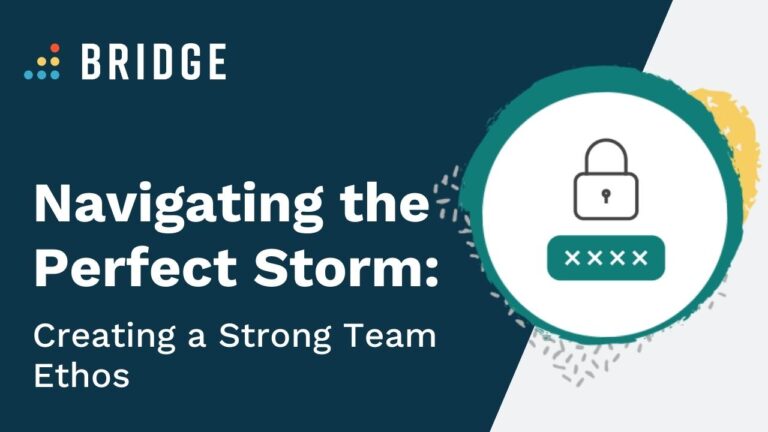In my previous posts I spoke about the importance of re-inducting employees after having been disconnected from each other and realigning organisational purpose to re-energise and create a strong sense of belonging.
But I would argue that one of the most important factors in getting all these components to make the impact that you’re aiming for is making sure they translate into a team level. The recent paralympic and olympic games were a great example that showed that people with a strong team ethos perform better and are more productive than talented individuals.
Research by OC Tanner in 2020 indicates that some of the most inspiring team environments in the world are:
- 121% more motivated
- Foster more inclusive environments driving 68% of people to get to know their teammates more deeply
- Generate more revenue
- Create more customer/ user satisfaction
- And more!
Where teams have been separated for so long and some team members have joined during the pandemic and haven’t met their colleagues, creating a strong team ethos is the only way to get an energised team that performs at its best.
What is an Energised and High Performing Team?
Here’s a definition from Perry Timms, who has researched and co-created a different environment for teams to perform at their best.
He defines a team as one that works with Clarity, Accountability and Togetherness and is:
- Built on what people value and creates value for the organisation.
- Based on principles that bind individual application to collective endeavors.
- Has been designed for optimal performance, cohesion and adaptability.
If we take that definition as a basis for what an energised and high performing team looks like, I think there are some key steps to take to get there. And, if you’ve read my previous blogs, you are probably already taking some.
In my last post I mentioned the importance of defining your organisational purpose and making sure each team in your organisation holds sessions to discuss it. This is vital for creating a deeper narrative that makes it relevant to what they do on a daily basis.
If you nail that, you will be on your way to fulfilling points one and two.
But what about point 3? I think the answer lies in culture.
Define Team Culture
Although your organisation will, or at least it should, have it’s own overarching culture, in the same way that purpose needs to be tailored to individual teams, so should culture. As different teams will have different personality types, different problems and different structures, culture should be outlined to fit what feels comfortable and relevant to them and allows for their best performance.
Ask team leaders to hold a session with their team to clearly define their team culture. By fostering team synergy you will increase cohesion, performance and adaptability. With the right team culture that each employee understands, differing ideas will become a problem solving collaboration.
Once you have defined your team culture, make sure you keep reinforcing it to maintain a healthy team dynamic. This could be anything from organising social meet ups to having regular collaboration meetings to problem solve or holding regular one to ones to tackle any potential tensions or issues before they develop.
What have you done to create a strong team ethos? Do you have any tips or advice for others? I’d love to hear your thoughts in the comments.




